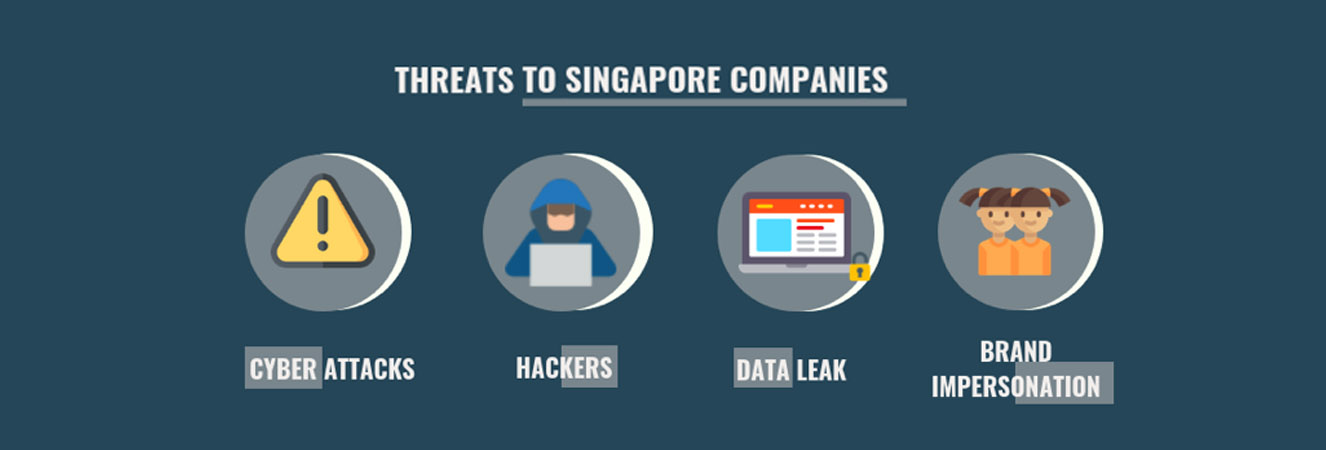26 Nov Singapore isn’t safe, digitally

Singapore boasts safe streets with its low crime rate. But digitally, it’s still pretty unsafe. As a country, we’ve experienced several major data leaks – with the latest taking place in September 2018. According to The Straits Times, the hackers accessed SingHealth and illegally copied the personal information of more than 1,000,000 Singaporeans.
Still feel safe? Data leaks, cyber threats, and attacks are not exclusive to large, brand name corporations. An article by Security Magazine reports that even small and medium sized businesses are at risk – as these companies often hold data for larger corporations.
“SMEs are vulnerable to cyber attacks as hackers are aware that SMEs cannot afford in-house security analysts or the expensive cyber security solutions in the market. ,” says Hirotaka Mieda, the CEO of CSIntelligence.
“The authority has been proactively emphasising all organisations must follow sound and robust cyber security practices. Data protection regulations such as PDPA is one example that all industries must comply with. When organisations do not have a good cyber security posture, cyber attacks can happen any time and it will cause intangible and tangible losses such as reputation, trust, and monetary loss from business partners and customers. In a survey conducted by Osterman Research in 2017, it was revealed that 21 percent of SMEs that faced ransomware attacks had to cease business operations after the attacks. This further emphasised the importance of cyber security for all organisations. Organisations working with smaller companies must also be aware of the possibility of a supply chain attack, where hackers target smaller companies with poorer cyber security posture in order to reach the network or systems of the larger companies”.
A study by Frost and Sullivan revealed that phony wire transfers, brand impersonation, data corruption, and data breaches are common burdens for companies that have suffered a hacking attack.

